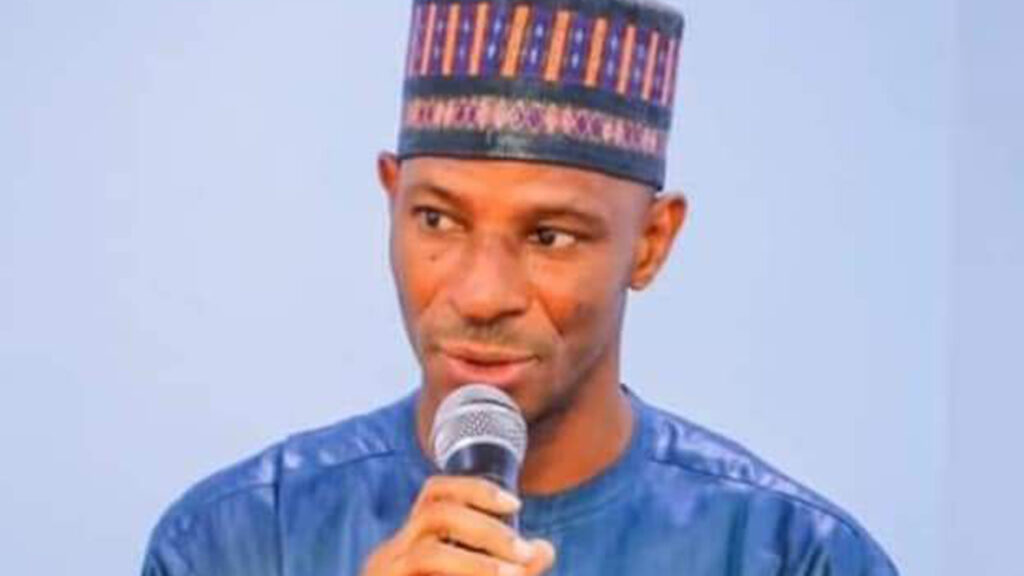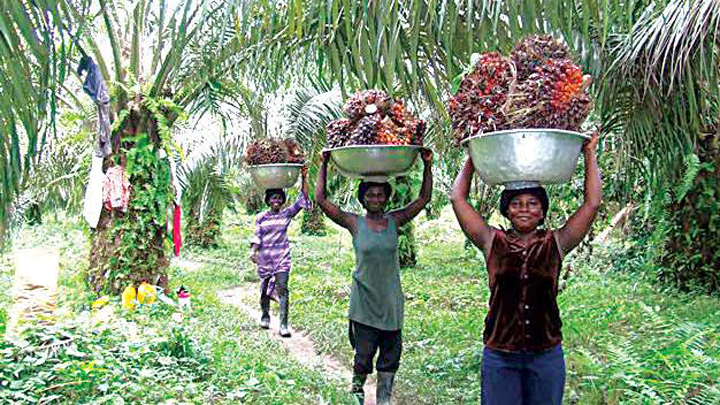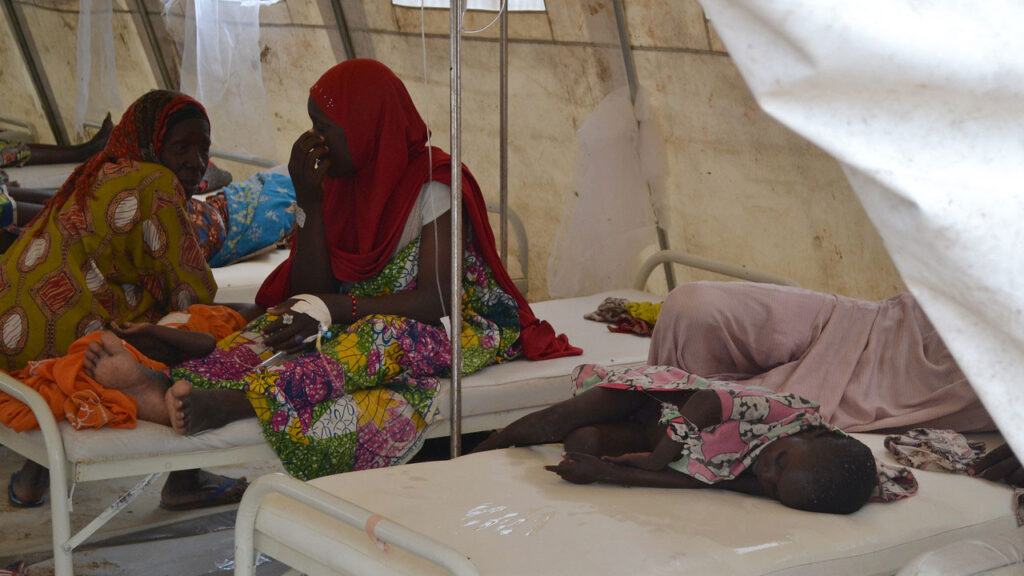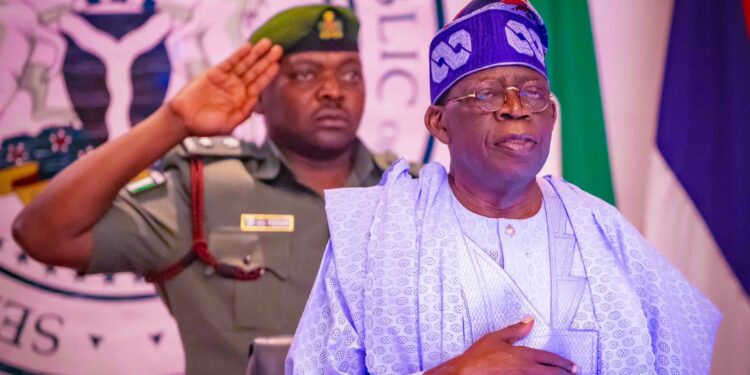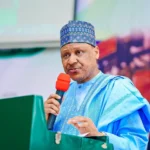
The legal battle brewing over the presidential election of February 25, 2023, no doubt is a sign of the keen contest of the election in which the Independent National Electoral Commission (INEC) declared former Lagos State Governor and pro-democracy activist, Asiwaju Bola Ahmed Tinubu of the All Progressives Congress (APC) the winner. Beyond the court, the winner, when sworn in on May 29, 2023, and armed thereby with the awesome powers that the extant constitution bestows, must focus on what to do for his country and how he will do it.
But we must hasten to warn that having made a reasonable success of governing Lagos, Asiwaju Bola Ahmed Tinubu should not take for granted his new assignment. A highly diverse Nigeria of over 200 million people spread across more than 900,000 square kilometers is far more complex to manage. He will need all the political sagacity, but above all wisdom, that he can muster. To this end, only wise and confident advisers (not yes-men) will make his task easier and his tenure memorable.
Tinubu, the president-elect, has, in the reasonably thorough 80-page ‘Action Plan for a Better Nigeria’ characteristically shown himself intellectually prepared. In any case, this is a job he sought as a lifelong ambition. The document speaks, in varying degrees of depth though, to the urgent issues that a president, ready, willing, and able to lead Nigeria on the path of deserved greatness can use as a working document.
A well-packaged working document is however only as good as its implementation. Indeed, as the extant APC manifesto vis-à-vis its implementation has shown, the gap between political party campaign promises and what are delivered to the electorate can be as wide as it can get. Unless there is the commitment by the men on top to, as a matter of honour, keep these promises and activate the political will to do so.
The 1999 Constitution has set in clear and simple language, an agenda of action for any and every political party in this clime. Section 14 (2)(b) says that ‘the security and welfare of the people shall be the primary purpose of government…’ This is to say that all political, economic and social measures of all branches of government and their agents at every level must be motivated by this unambiguous provision. The provision is fully articulated in the entire chapter on ‘Fundamental Objectives and Directive Principles of State Policy.’
Tinubu’s blueprint for a better Nigeria identifies national security as ‘the bedrock of a prosperous and democratic society’; it goes on to expatiate on method of implementation including, to ‘redefine military doctrine and practice’ as well as ‘reposition the Police.’ The team rightly takes security matter as first before other matters for the simple reason that, in an unsafe environment, nothing meaningful can be achieved in other spheres of human endeavor. That is the intendment of the constitution in Section 14(2)(b).
The incoming APC team should borrow workable ideas from its own 2015 manifesto including the localizing of policing. We recall that the party promised, if elected, to begin: ‘widespread consultations to amend the Constitution to enable States and Local Governments to employ State and Community Police to address the peculiar needs of each community. This would mean setting boundaries for Federal, State and Community Police through new Criminal Justice legislation to replace the Criminal Code, the Penal Code and the Police Act.’ But this is not a new idea.
Decades ago, Chief Obafemi Awolowo proposed to the then government of the Federation that ‘Police is a residual subject because the immediate problem of maintaining law and order can only be properly and more effectively tackled by the State Government.’ With a different man in charge, albeit the same party, Nigerians can only renew hope that promises freely given will, as a matter of honour, be redeemed.
‘Action Plan for a Better Nigeria’ takes, and rightly too, the matter of economy as the next in its order of priority, at least as shown in the arrangement of contents. The Tinubu-Shettima administration promises if elected (and they have now been given the job) to move Nigeria from a finished import-dependent to a finished export dependent economy by implementing a national ‘industrial development master plan’ that, among other measures, creates ‘major and minor industrial hubs in each geopolitical zone.’ The new government will ‘strive to create one million new jobs in the ICT sector within its 24 months in office’ and deliver broadband services to 90% of the population…by 2025.’
An industrial economy such as Action Plan for a Better Nigeria’ envisages must have enough electricity to power it. With due respect to the measures stated in the Tinubu action plan, there is need to declare an emergency in the power sector. The industries and other businesses are functioning at unacceptably low capacity because of poor power supply. But the rest of the world is passing Nigeria by in terms of production and productivity. This is embarrassing. Mr. Tinubu must think out of the box to quickly increase electricity supply first to the businesses. That way manufacturers will work longer, more workers will be engaged and goods and services will be generated at lower costs than obtain at present.
The agricultural output will be raised by steps that include increasing land under cultivation from the present 35% to ‘65% in four years’ set up commodity boards to buy produce from farmers at a guaranteed price, and attract investment and interest in the agriculture sector through its ‘Farm Nigeria Project.’ Tinubu promises to ‘review the organisation, structure and operations of the Nigeria Railways Corporation’ to achieve ‘better uses of rail…, decongest traffic in urban areas… (and) reduce the number of road incidents and accidents.’
These are just a few of the issues of development addressed in Tinubu’s action plan that also range from power and oil and gas through education and healthcare to judicial reform and most importantly, ‘federalism/decentralisation of power.’ Except for its glaring weakness in S.M.A.R.T.–compliance (a point that The Guardian has consistently raised in respect of campaign promises) this would be as good a working paper as can be expected to lift Nigeria out of its present APC –worsened condition. Except also that a few crucial, even critical matters are not well and robustly articulated or are even left out completely.
• To be continued tomorrow




